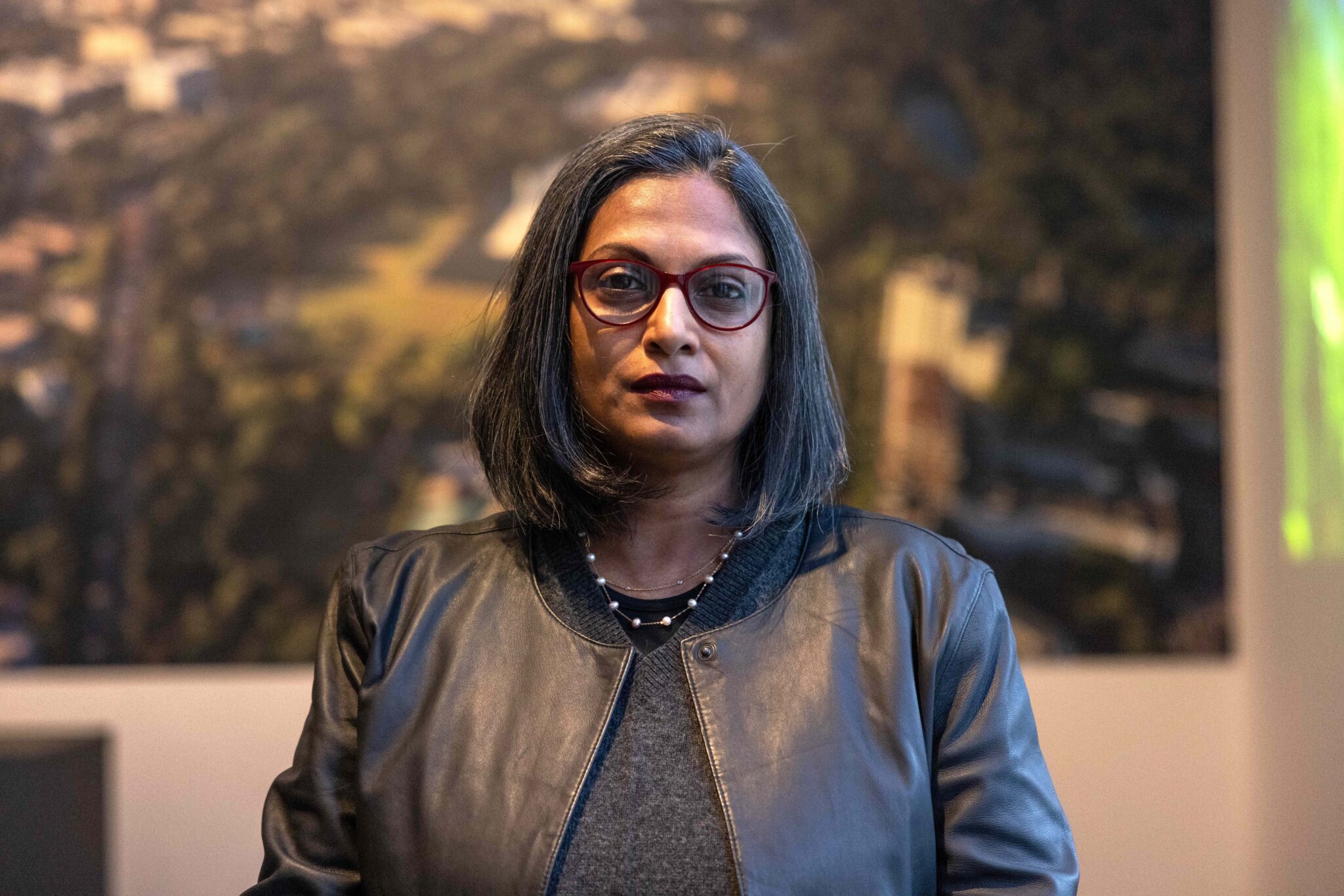Senior principal of Populous, architect of the London 2012 Olympic Stadium. His other projects include the Emirates Stadium in London and Telstra Stadium in Sydney.
We can be citizens of the world these days. I guess I’m a good example of that; born in one place – sub-tropical, beaches –before moving to a big urban city half the world away and feeling a kinship for both. But you can’t help but be shaped by the country and the city you grow up in.
Coming from Brisbane, I was brought up with a certain healthy disrespect for authority; the fabled Australian ‘can-do’ attitude borne of our heritage – a land of new beginnings. Down Under, there are no social boundaries, no hierarchy as such. We’re almost raised to challenge things: ‘Why does it have to be like that?’ This questioning of authority was – and remains – very much a part of Brisbane culture in particular. If you want to set up a business, the Sunshine State’s capital is a great place to start, simply because you’ll attract inquisitive minds, people who think differently. Today Brisbane is booming; earlier this year it was named the fastest-growing mature city in the world in terms of GDP.
When I was growing up Australia’s third largest city was considered merely a country town. It really didn’t figure, with Melbourne and its ‘old’ money vying with Sydney and the ‘new’ money for pre-eminence. But it was a country town with an attitude: ‘We can pretty well do anything we like; we can make this city the way we want to make it.’ That’s my kind of town. One that is looking forward, with a progressive spirit that’s imbued in the architecture, culture and people.
London has it. You can’t help but have a warm feeling towards somewhere that’s afforded you opportunity and success. It’s where the best part of my work has been for the last decade, and I suppose in many ways it’s my home. I’ve now spent more years living in the 2012 Olympic host city than anywhere else. It’s where my kids, self-proclaimed Londoners, have grown up.
And that’s the thing about London. To me, the UK capital more than anywhere else represents the ‘citizen of the world’ culture. It’s incredibly cosmopolitan – and it embraces and thrives on this more easily than other cities. London sees diversity as a way of moving forward, of evolving. That’s what I really like.
Among about 100 employees in our Putney, some 60 languages are spoken. That’s typical of many businesses. You just accept, in every aspect of London life, that people come from different parts of the world. It makes for an amazing potpourri of cultures, food, art, music… only increased, of course, for several spectacular weeks this summer.
Just as with the Sydney Olympics in 2000, I think people will look back on the 2012 Games as one of the greatest moments in London’s history. True to form London is already looking ahead. Right from the outset Lord Coe and his team have been saying: ‘We want to do it differently’. In many ways this Games represents a turning point. An increased acceptance of ‘temporary-ness’ will, I believe, become a blueprint for the future, extending opportunities to ‘new’ bidding territories and changing the direction of the Olympic movement and of major sporting events. As an Australian imbued with a love of sport, it’s great to be a part of it. And as a Brisbanite involved in the Games, that willingness to question convention was easy to buy into.
I see it in Doha, too – that slightly pioneering aspect of building a city and a society. When you look at a city like Doha it has every opportunity. Yes, it has the wherewithal that others might not. But it’s got the most important thing of all; quite apart from the land, the money – all those practical things – it has the attitude. The Qataris want to build a city that’s different from everything else. They aren’t really interested in doing it ‘that way’ if that’s not the right way to do it. It’s a land of opportunity, and I really like what they have the opportunity of building. I certainly see a significant part of my own future there.
Some cities ride on their past; they accept that they are where they are and won’t ever change. Doha is the antithesis of that. London is setting new standards on the world’s greatest stage. And in all the towns I admire across the globe the question they ask, as in Brisbane, is: ‘Can we do it better?’
First published in AT230, July/August 2012















